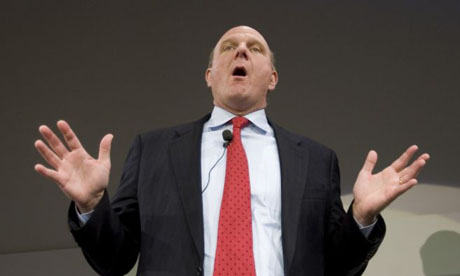 Over the last month, the scene from Minority Report where Tom Cruise enters a mall and holographic advertisements greet him personally has flashed through my mind at least once every few days. The first time I saw that, I was afraid. I could just imagine the invasion on my senses. To me, advertising is a distorting force that corrupts the logical functions of all who are regularly exposed to it. Advertising is one of the biggest reasons I don't own a TV.
Over the last month, the scene from Minority Report where Tom Cruise enters a mall and holographic advertisements greet him personally has flashed through my mind at least once every few days. The first time I saw that, I was afraid. I could just imagine the invasion on my senses. To me, advertising is a distorting force that corrupts the logical functions of all who are regularly exposed to it. Advertising is one of the biggest reasons I don't own a TV.Lately, watching the decline of print advertising venues, I've felt that it's still just a matter of time before holographs can whisper inside my head. Like a childhood fear, my phobia has lingered through the shrinking of newspapers and magazines alike, through my own arguments that media is not in a recession; media is in a revolution.
So I was relieved to read on the Guardian's Web site this morning that Steve Ballmer, Microsoft's chief executive, not only feels the same, but applies that logic to advertising as well. According to the article, he said "that the global advertising economy has been permanently 'reset' at a lower level, warning that media companies should not plan for revenues to bounce back to pre-recession levels."
Ahh, deliverance.
While I don't know exactly where the revenue for news will come from, I'm glad and hopeful when I think it won't be advertising. The advertising based business model is only slightly more ethical than outright campaign-style contributions from interested parties. It was never the best way for news to run - only the easiest. Go ahead and attach advertising to the fluff, the horoscopes and movie listings and recipes. But make sure the news is paid for by money with as few strings as possible.
No comments:
Post a Comment